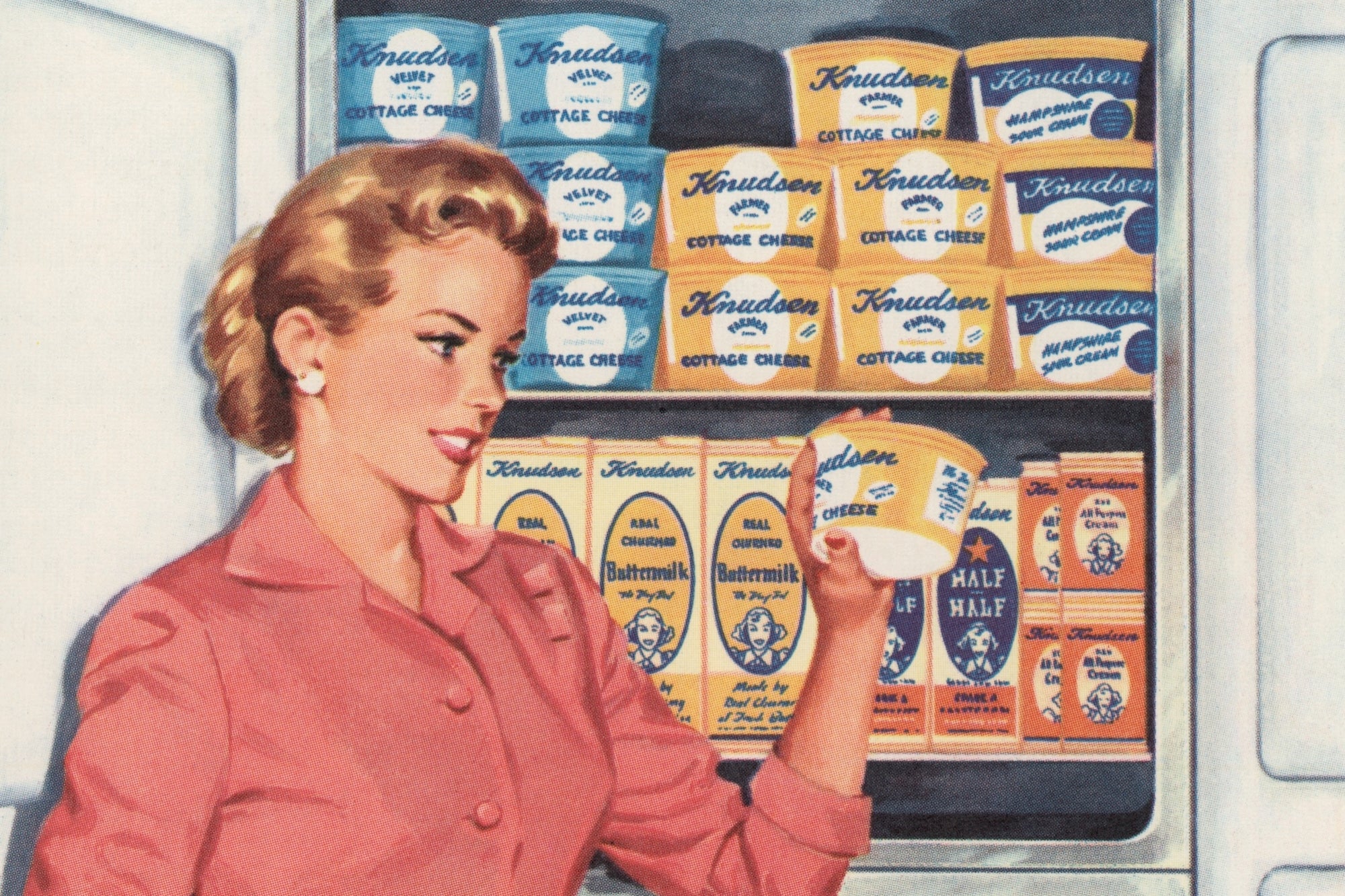Lobster Went From Prison Food to Delicacy. Your Product Can, Too. (Infographic) The 'cockroach of the sea' wasn't always so swanky. It was cleverly rebranded. Dig into the creature's remarkable tale to learn how you can boost perception of your product's value.
Opinions expressed by BIZ Experiences contributors are their own.
Lobster wasn't always so high falutin'. Back in the 1700s, it was considered rotgut, fit only for prisoners. The spiny bottom-feeder was long a lowly servants' and soldier's staple, stamping the mark of poverty upon those who reluctantly ate it.
So how did the "cockroach of the sea" rise to fine-dining status, commanding upwards of $12.99 a pound in some U.S. markets today? The answer boils down to perception and trains. Call it rebranding on wheels.
Related: Make Customers Fall in Love With Your Brand
See, by the early 19th century, the clawed crustacean was packed into cans and, eventually, as railways spread out across America, so did bits of canned lobster atop train passengers' lunch and dinner dishes. Riders, many of them from inland states who'd never laid eyes on a lobster before, had no idea they were chewing what coast dwellers called trash. They fell for the mystery meat...hook, line and sinker.
Related: Once Purchased for $92 Million, This Seafood Restaurant Just Sold for a Fraction of That
By World War II, lobster was king. And it's still on a roll, reigning over menus at the world's fanciest (and not so fancy, ahem, Red Lobster) restaurants, all because some nimble railroad BIZ Experiencess tricked passengers into thinking the oversized sea bug was fancy, proving that it's all about perception. Value is in the eye of the beholder.
For more juicy facts about the unlikely rise of the lobster, and of how certain key factors -- like spin, price and origin -- shape a product's perceived value, check out the snappy infographic from Vouchercloud below. Bonus: It even has a Taylor Swift section, but it mostly makes sense. You'll see what we mean.
Click to Enlarge+

Related: Create a Winning Perception of Your Startup With These 3 Tips










